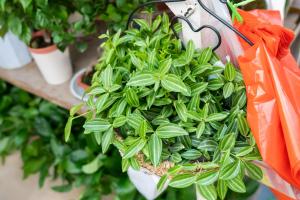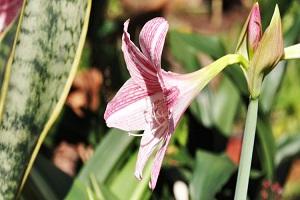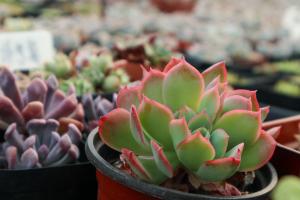Introduction
Grey water is wastewater generated from domestic sources such as bathrooms, washing machines, and kitchen sinks. Compared to black water, which is sewage water contaminated with fecal matter and other hazardous materials, grey water is relatively safe and can be treated and reused for irrigation purposes. However, the question is, does grey water affect plant growth positively or negatively? In this article, we look at the benefits and drawbacks of using grey water to irrigate plants.
The Benefits of Using Grey Water for Plant Irrigation
Grey water contains essential nutrients that can stimulate plant growth. For instance, it has nitrogen, phosphorus, and potassium essential for plant growth. Additionally, grey water contains organic matter that provides nutrients to the soil, leading to healthy soil that can support plant growth. Also, using grey water to irrigate plants is cost-effective and eco-friendly compared to treated or potable water.
On the other hand, grey water has a low concentration of contaminants compared to black water, making it less dangerous to plants. It is suitable for irrigation because it does not contain harmful bacteria that can affect plant growth.
The Drawbacks of Using Grey Water for Plant Irrigation
Although using grey water for plant irrigation has some benefits, several drawbacks may discourage you from using it. Firstly, grey water contains soap and detergent residues that can harm plants by altering the soil pH. The high pH levels may lead to stunted plant growth, and in severe cases, the plants may stop growing altogether.
Secondly, using grey water for irrigation may lead to the buildup of salts in the soil, leading to salt stress. Salt stress can occur when excessive salts accumulate in the roots, leading to an imbalance in nutrient uptake by the plants, and consequently, the plants die. Additionally, the use of grey water may impact the soil structure leading to soil compaction and reduced percolation rates.
The Precautions to Take When Using Grey Water for Plant Irrigation
To avoid the negative impacts of using grey water for plant irrigation, it is essential to follow some precautions. Firstly, avoid using grey water containing harmful chemicals such as bleach, disinfectants or chemicals that may have adverse effects on plant growth. Secondly, avoid using grey water on plants that are edible, and if you must use it, ensure that the edible parts of the plants are not in contact with the water.
Thirdly, it is essential to use grey water in moderation, especially in arid areas where water is scarce. Overuse of grey water may lead to the accumulation of harmful salts, altering soil pH levels or reducing percolation rates. Therefore, avoid using grey water as the primary source of water for plants, but rather as a supplementary source.
Fourthly, it is vital to use grey water in combination with other water sources such as rainwater or treated water, to minimize the negative impacts of using grey water. Finally, it is essential to treat grey water using appropriate methods such as filtration and chlorination. Treating grey water ensures that harmful contaminants are removed, and the water is safe for plant irrigation.
Conclusion
Using grey water for plant irrigation has some benefits and drawbacks. However, it is vital to take precautions to mitigate the negative impacts of using grey water. Where possible, it is advisable to use grey water as a supplementary source of water, and not the primary source. Additionally, treating grey water using appropriate methods is essential to ensure that harmful contaminants are removed, and the water is safe for plant irrigation.

 how many times do yo...
how many times do yo... how many planted tre...
how many planted tre... how many pine trees ...
how many pine trees ... how many pecan trees...
how many pecan trees... how many plants comp...
how many plants comp... how many plants can ...
how many plants can ... how many plants and ...
how many plants and ... how many pepper plan...
how many pepper plan...






























